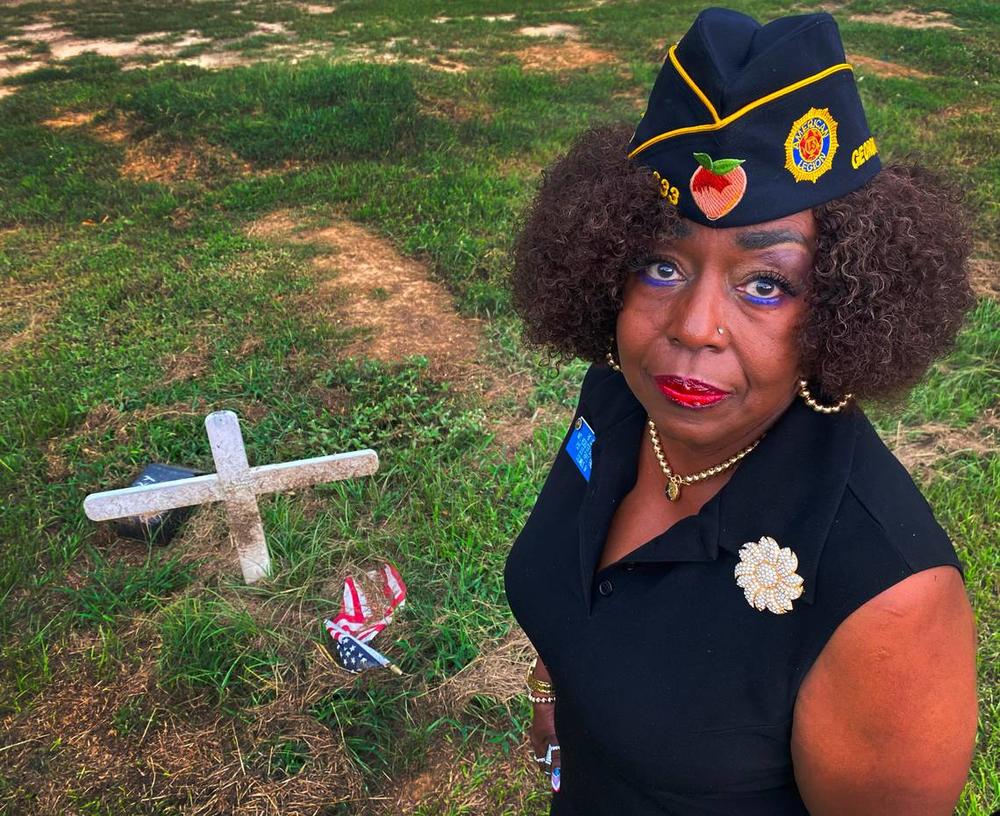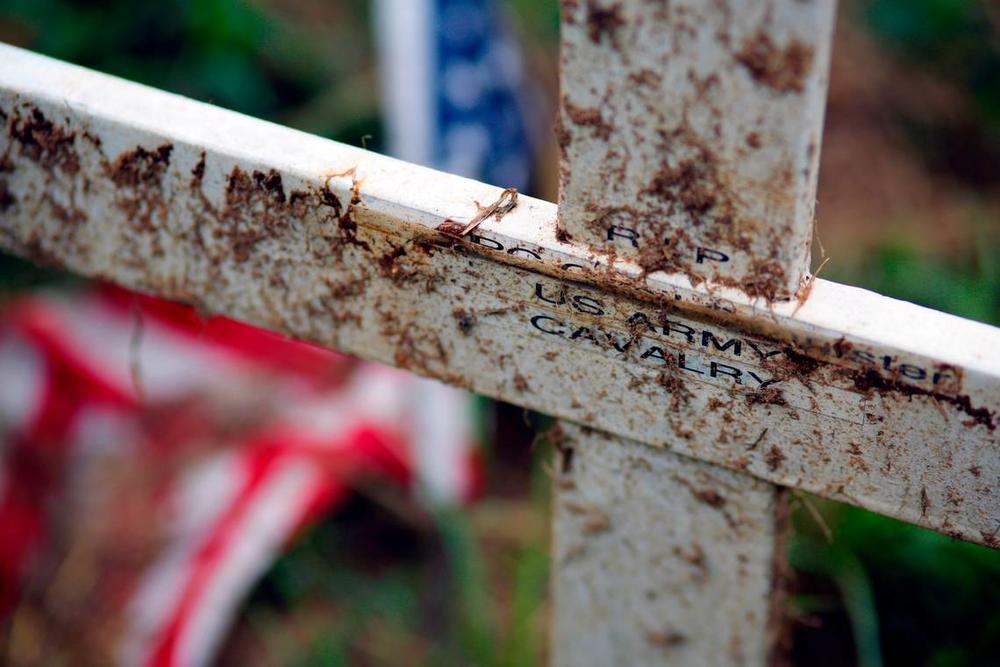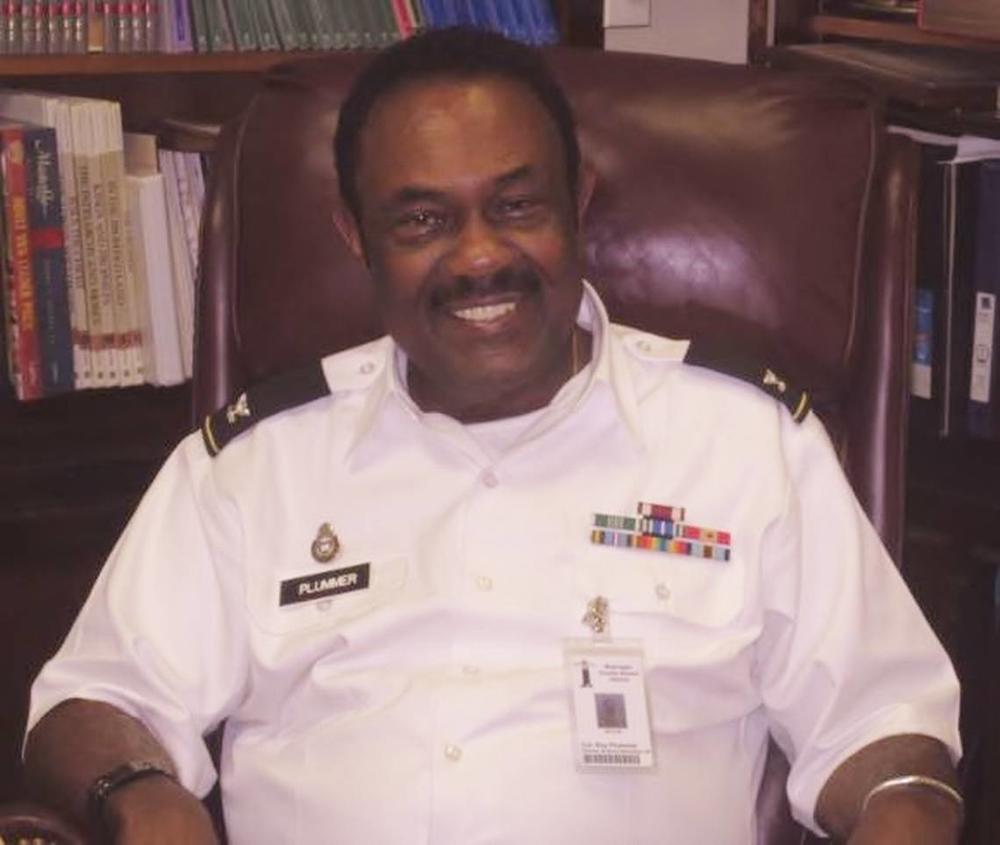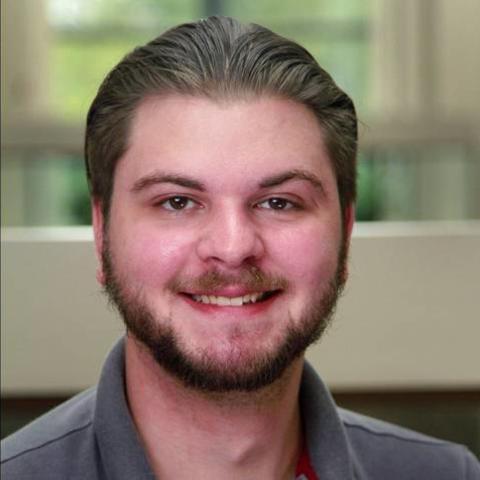
Caption
Patricia Liddell, a retired U.S. Army master sergeant, is part of American Legion Post 333 and is the Veterans Service Officer for Alabama and Georgia and helps arrange funeral services for indigent and homeless veterans.
Credit: Mike Haskey, Ledger-Inquirer



